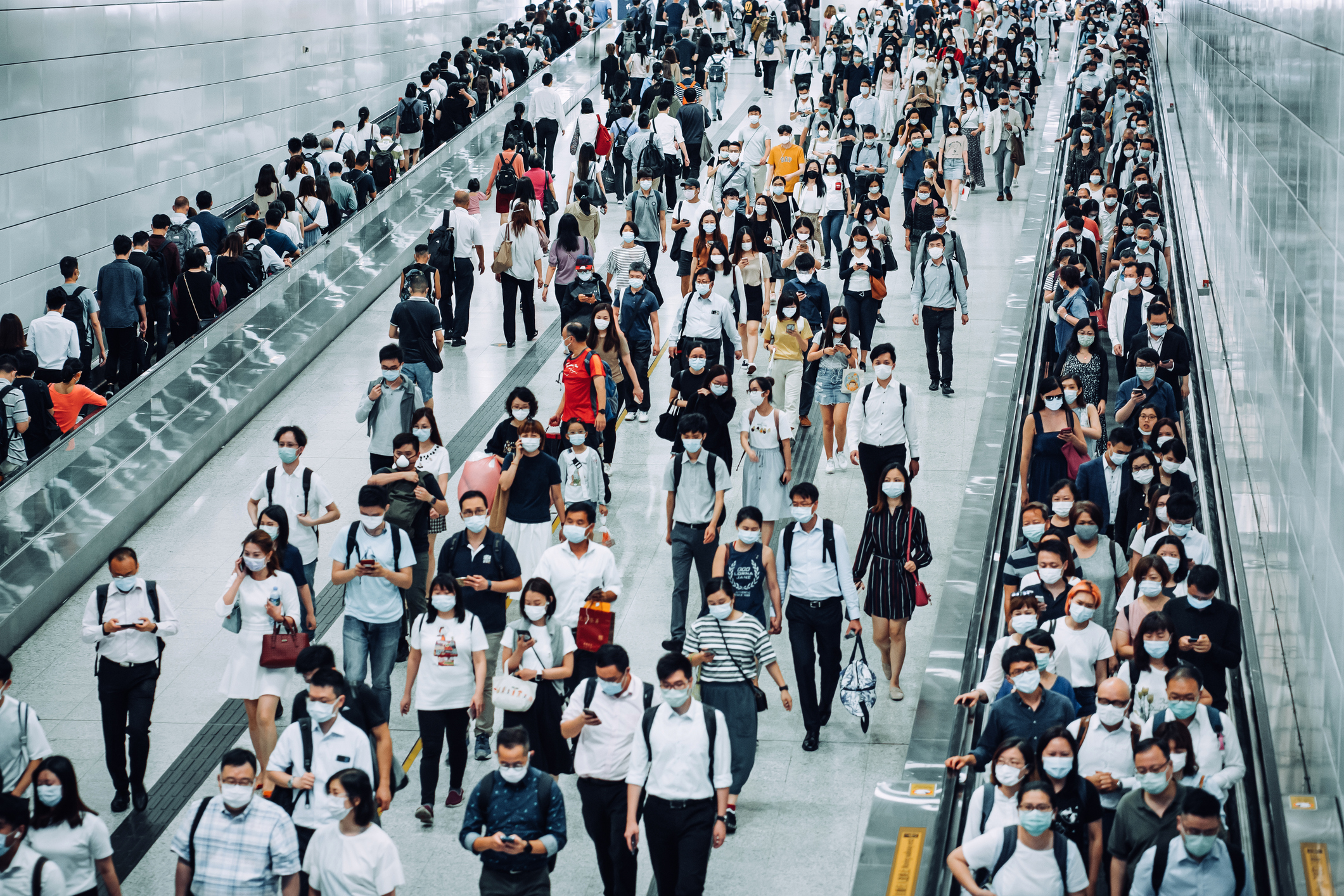China’s latest statistics showed some 94 million working people – around 12.8% of China’s 734 million labour force – were older than 60 in 2022, up from 8.8% in 2020.
That share, while lower than in wealthier Japan and South Korea, is set to skyrocket as 300 million more Chinese reach their 60s in the coming decade.
A third of this cohort are rural migrants, who typically lack the professional skills for an economy aspiring to move up the value chain.
The main reason China has not built a stronger safety net for them is that policymakers, fearing the economy might fall into the middle-income trap, prioritise growing the pie rather than sharing it, the government adviser told Reuters.
To achieve that, China is directing economic resources and credit flows towards new productive forces, a catch-all term for President Xi Jinping’s latest policy push for innovation and development in advanced industries such as green energy, high-end chips and quantum technology.
U.S. and European officials say this policy is unfair to Western firms competing with Chinese producers. They have warned Beijing that it stokes trade tensions, and that it diverts resources away from households, suppressing domestic demand and China’s future growth potential.
China, which has rejected those assessments, has instead focused on upgrading production, rather than consumption, as its desired path toward prosperity.
“It would be easier to solve the equality problem if we could first solve the productivity growth problem,” said the adviser, granted anonymity to speak freely about pension-policy debates happening behind closed doors.
“People have different views” on whether China can make that leap in productivity, the adviser said. “Mine is that it may be difficult if we do not reform further and remain at odds with the international community.”
‘VESTED INTERESTS’
Pensions in China are based on an internal passport system known as hukou, which divides the population along urban-rural lines, creating vast differences in incomes and access to social services.
Monthly urban pensions range from roughly 3,000 yuan in less-developed provinces to about 6,000 yuan in Beijing and Shanghai. Rural pensions, introduced nationwide in 2009, are meagre.
In March, China increased the minimum pension by 20 yuan, to 123 yuan per month, benefitting 170 million people.
Economists at Nomura say transferring resources to the poorest Chinese households is the most efficient way to boost domestic consumption.
But the rural pension hike amounts to an annual effort of less than 0.001% of China’s $18 trillion GDP.
China’s Academy of Social Sciences (CASS) estimates the pension system will run out of money by 2035.
Beijing has introduced private retirement schemes and is transferring funds to provinces with pension budget deficits which they cannot replenish themselves due to high debts.
Other countries have tried to increase pension funding by lifting the retirement age. In China, it is among the lowest in the world at 60 for men and 50-55 for women depending on their line of work.
Beijing has said it plans to raise the retirement age gradually, without giving a timeline.
Government concerns that the population would perceive raising the threshold as benefiting “vested interests” at the expense of ordinary citizens are holding up the implementation of those plans, the adviser said.
Chinese think “officials want to retire later to fatten up their pensions,” he said.
CASS surveys show the level of healthcare funding for urban workers was in some cases about four times higher than for those with a rural hukou.
“There aren’t enough social services to solve the problems of these people, who are prone to falling back into poverty,” said Dan Wang, chief China economist at Hang Seng Bank.
More than 16% of rural residents older than 60 were “unhealthy”, compared with 9.9% in the cities, according to an October article by Cai Fang, a CASS economist and former central bank adviser, published in the Chinese Cadres Tribune, a Communist Party magazine.
(Reuters)














